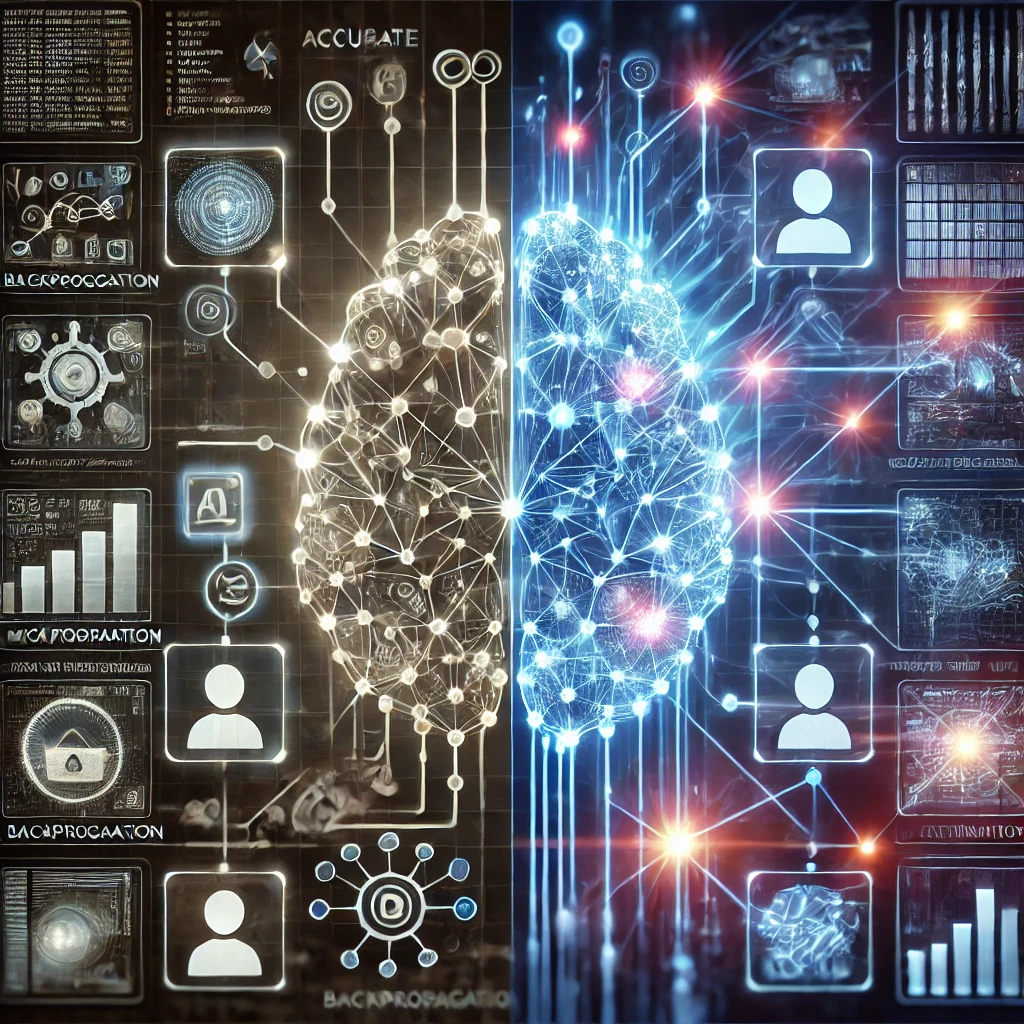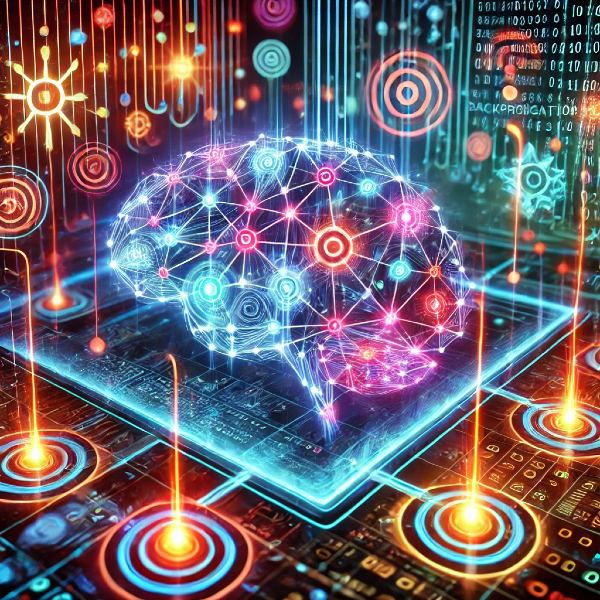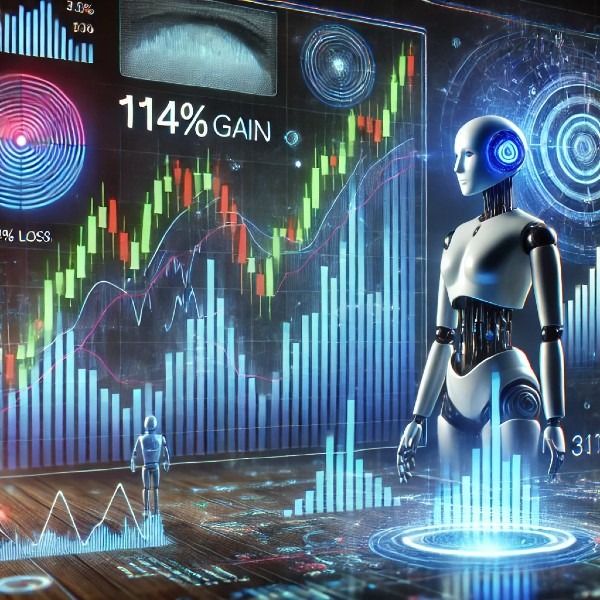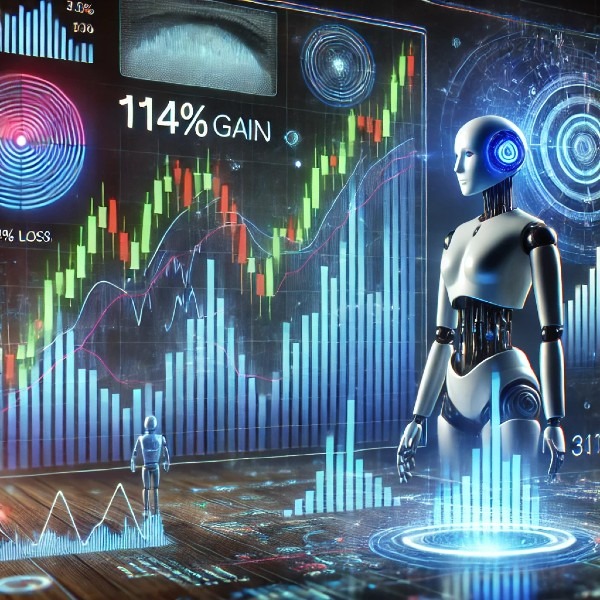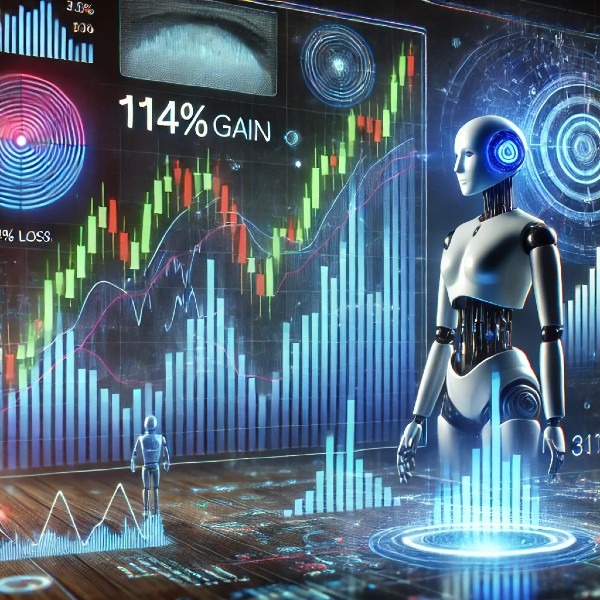When we hear “Black Box AI,” it might sound like a term from a high-tech spy movie, but it’s actually something that’s part of our world today. Black Box AI refers to a type of artificial intelligence that’s a bit of a mystery. It makes decisions or solves problems, but it doesn’t show how it got there. Think of it as a magician doing a trick without revealing the secret. This concept is pretty important in many fields, including healthcare, education, and the technology we use every day.
This blog post is aimed at making Black Box AI easy to understand, especially for someone with an education level of an eighth grader. We’ll look into how Black Box AI is used in healthcare, its importance for students and educators, and its role in computer vision and the future of work. So, let’s start demystifying this intriguing part of technology!
Healthcare and Black Box AI
In healthcare, Black Box AI is like a super-smart assistant that can help doctors figure out what’s wrong with a patient. It can look at all the patient’s data—like test results—and suggest what illness they might have. This is super helpful because it can sort through information way faster than a human can, potentially finding things that might be missed.
But, there’s a big “but” here. With Black Box AI, doctors don’t always get to see how it came up with its answers. It’s like getting a puzzle solved without knowing the steps taken to solve it. This can be a bit worrying, especially in healthcare, where understanding ‘why’ is as important as knowing ‘what.’
Students, Educators, and Black Box AI
For students and educators, Black Box AI brings exciting opportunities and some challenges. In schools and colleges, this kind of AI can help create personalized learning plans for students. Imagine a program that knows exactly what topics you find tricky and helps you learn them in a way that’s best for you.
However, the challenge is that educators and students might not understand how the AI decides what to teach and when to teach it. It’s like having a tutor who knows a lot but never explains how they plan your lessons. This can make it hard for teachers to fully trust these AI systems and integrate them into their teaching.
Computer Vision and Black Box AI
Computer vision is all about teaching computers to see and understand the world like we do. With Black Box AI, computers can recognize faces, interpret scenes in videos, and even drive cars. This technology is super cool because it opens up so many possibilities, like helping self-driving cars understand the roads and signs.
But here’s the tricky part: often, we don’t know how the AI in computer vision makes its decisions. It’s like a friend who can guess every card in a deck but never tells you how they do it. This can be a problem, especially in situations where understanding why the AI made a certain decision is really important for safety.
Myths vs. Facts about Black Box AI
Myth 1: Black Box AI is smarter than any human. Fact: Black Box AI is not necessarily smarter; it’s just faster at processing a lot of data, but it doesn’t have human understanding or creativity.
Myth 2: Black Box AI can always explain its decisions. Fact: The whole point of Black Box AI is that it can’t easily explain how it reaches its conclusions, which can be a problem in some situations.
Myth 3: Black Box AI is always right. Fact: Just like humans, Black Box AI can make mistakes, especially if it’s working with incomplete or biased data.
FAQ on Black Box AI
What is Black Box AI? Black Box AI is a kind of AI where the decision-making process is unclear. It’s like a machine solving a problem but not showing its work.
Why is Black Box AI used in healthcare? Black Box AI is used in healthcare because it can quickly analyze lots of medical data, which can help in diagnosing diseases and planning treatments. However, the lack of transparency in how it makes these decisions is a concern.
How does Black Box AI impact students and educators? Black Box AI offers personalized learning tools but also poses challenges in understanding how these tools adapt to individual learners’ needs.
What role does Black Box AI play in computer vision? In computer vision, Black Box AI helps in recognizing and interpreting images and videos. However, understanding how it makes these interpretations is a big challenge.
How will Black Box AI change the future of work? Black Box AI could lead to more automation and smarter tools in workplaces. Understanding how it makes decisions is important for integrating it effectively into future jobs.
Google Snippets
- Black Box AI: “AI systems where the decision-making process is not transparent or easily understandable.”
- Computer Vision: “A field of AI that enables computers to interpret and understand visual data from the world around them.”
- Future of Work: “How jobs and workplaces are evolving due to technological advancements, including AI and automation.”
Black Box AI Meaning: From Three Different Sources
- Tech Encyclopedia: “Black Box AI refers to AI systems where the internal workings and decision-making processes are not visible or comprehensible.”
- Academic Journal: “Describes AI models where the rationale behind decisions is unclear, presenting challenges in transparency and understanding.”
- Industry Publication: “AI systems that function effectively but do not provide insight into their decision-making processes.”
Did You Know?
- The term “black box” originally comes from aviation, where flight data recorders are called black boxes because they’re hard to understand.
- Some Black Box AI systems can evolve and improve over time through a process called machine learning, but explaining how this happens can be tough.
- The study of Black Box AI is not just about technology; it also involves ethics, as it raises questions about trust and responsibility in AI decisions.
In summary, Black Box AI is a fascinating yet complex part of modern technology. Its applications in healthcare, education, and computer vision are transforming how we live and work. However, the mystery surrounding how it makes decisions reminds us of the importance of transparency and understanding in the world of AI. As we continue to explore and learn about Black Box AI, we can better prepare for its impacts and use it responsibly in our ever-changing world.
https://ai-benefits.me/insurance-underwriter-and-ai-based-tool/
https://ai-benefits.me/insurance-underwriter-and-ai-based-tool/
https://ai-make.money/artificial-intelligence-symphony-reshaping-the-landscape/
References
- Explainable AI that uses counterfactual paths generated by conditional permutations of features. This method is used to measure feature importance by identifying sequential permutations of features that significantly alter the model’s output. The paper discusses the evaluation strategy of comparing the feature importance scores computed by explainers with the model-intern Gini impurity scores generated by the random forest, which is considered as ground truth in the study.
- Thinkful offers insights on how to address the “black box” problem in AI through Explainable AI (XAI) and transparency models. They discuss techniques like Feature Importance Analysis, Local Interpretable Model-agnostic Explanations (LIME), SHapley Additive exPlanations (SHAP), Model Distillation, and Decision Rules, which are designed to make AI models more interpretable and transparent. This is especially important in applications where decisions can have far-reaching consequences, such as healthcare or finance


